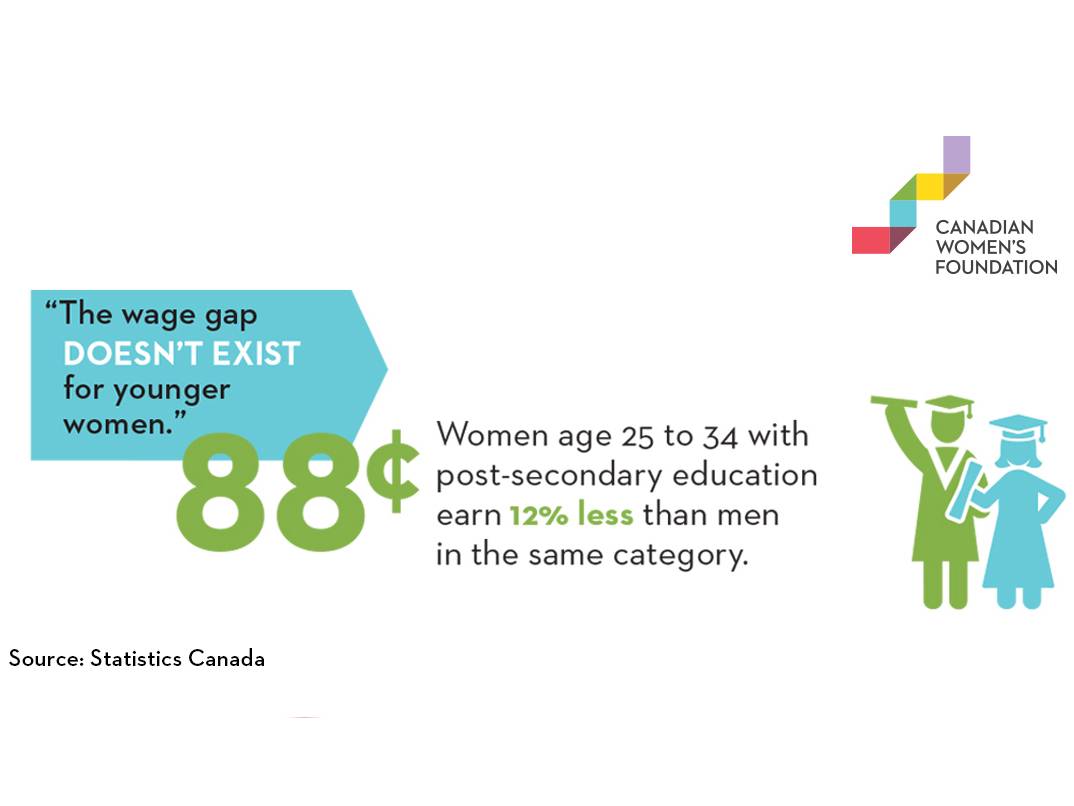COVID & Our Economy
The pandemic's impact on our economy, our society, and our community are only now beginning to be understood. While it may take years for a complete picture to be analyzed and understood, we are already seeing the real impacts on our participants and the vulnerable in our homes and streets in St. Catharines and across Niagara. One disturbing trend that seems to be emerging in Niagara is the toll COVID has had on the youth and women working low-income positions. Start Me Up Niagara wanted to explore how young people and women are doing during this unprecedented time, and the results aren't optimistic.
Sadly, we found that COVID has hit women, particularly mothers with young children, the hardest.
From a recent CTV News article, "Canada's labour market saw months of gains wiped out in a matter of weeks as widespread lockdowns and school closures erased 212,800 jobs in January 2021, hitting mothers and youth particularly hard." (Jordan Press, The Canadian Press)
The type of industries that have been hit the hardest in the Niagara Region is also the type of work most likely to (a) be low-wage work and (b) has impacted our young workers and women the most.
If that weren't enough, employment numbers also show that losses were concentrated in Ontario and Quebec, where lockdowns and restrictions closed businesses and schools to rein in rising COVID-19 case counts.
COVID, Employment, and Niagara
From CBC News, "few have gotten off easy, but Statistics Canada said the sectors that suffered during a dip in December and January were those most affected by pandemic restrictions: retail, accommodation and food services."
Tragically, all of those types of work are vital sectors in the Niagara Region, and those jobs have been gone, now for what appears to be a second tourist season.
According to Monica Townson from the Canadian Centre for Policy Alternatives, the picture for working women in Canada and Niagara wasn't all that great, to begin with. In Monica's policy paper, Women's Poverty and the Recession, 1 in 5 women work in low-wage jobs than men that average 1 in 10.
Pay Gap for Women
By now, we've all seen the data, but do we fully appreciate the impacts of the gender pay gap on women?
According to the Royal Bank of Canada, $125 billion is lost due to unequal income and labour force participation. Because women earn $0.87 for every dollar earned by men, women often have a job that pays less than their partner. During a pandemic, when children are forced to stay home, the decision, when it's boiled down to an economic one, means that the women are often made to stay home to care for the children, further displacing them from advancement and career parody with their male partners.
Policy solutions to pay equity and policies that consider other forms of gender inequities will need to be fully and more thoroughly addressed by policy leaders. Until then, we will have billions lost due to pay imbalances and women falling further behind in their careers and more dependent on their male partners.
The Work Action Centre
The Start Me Up Niagara Employment Team at our Work Action Centre provides supports and services to individuals looking to find and retain employment. We offer support for employers, as well as traditional and self-employment pathways at the Work Action Centre.
The Work Action Centre is part of a range of services organized along a continuum, leading to self-sufficiency and an increased level of employability. We work with participants to remove competitive employment barriers and develop an individualized employment plan to assist in attaining and retaining their employment goals.
You do not need to be on ODSP to work with our team. Services are available to all living with a disability requiring employment services.
If you need help getting back to work, please reach out to our friendly, trained staff today. Call to book an appointment at 1-289-438-3939.
Based on reporting by Jordan Press from The Canadian Press, CTV News, CBC News, and additional information provided by The Royal Bank of Canada and Monica Townson from the Canadian Centre for Policy Alternatives. To learn more about pay inequality in Canada, click here.

